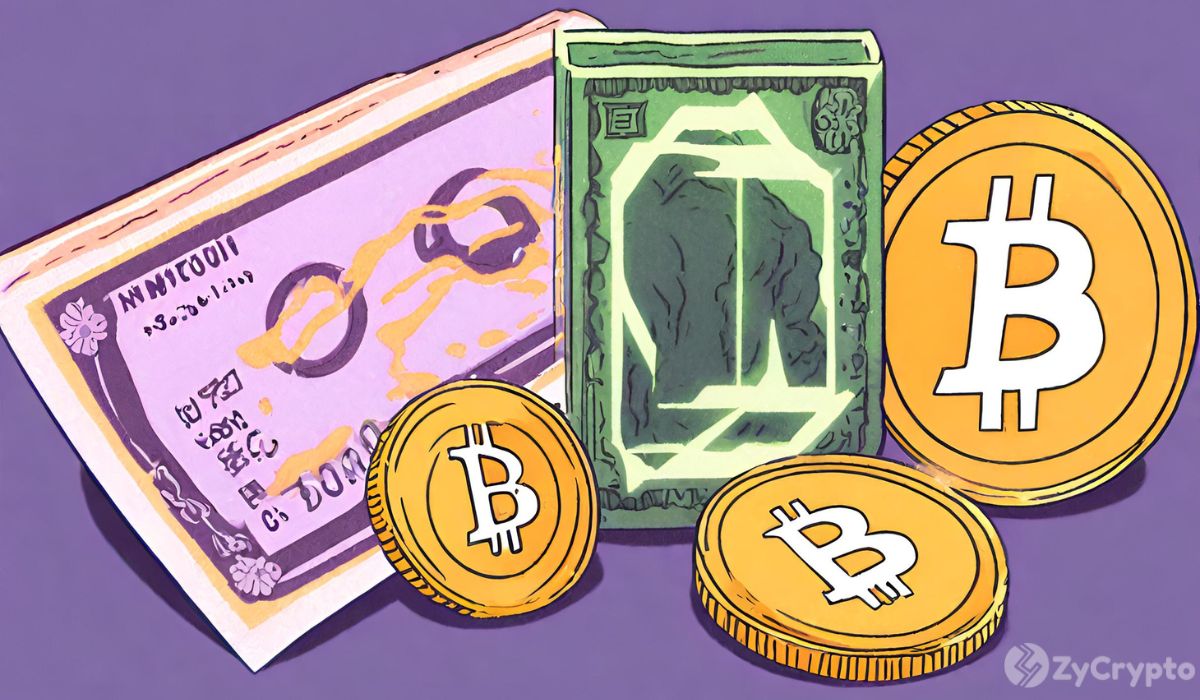ARTICLE AD BOX

U.S. presidential candidate Donald Trump’s strong support for Bitcoin in recent times has sparked intense debate about the potential for his administration to adopt the cryptocurrency as a U.S. reserve currency, similar to the approach taken by El Salvador.
The fervent debate stems from a Truth Social post last month, where Trump emphasized the geopolitical significance of Bitcoin, arguing that policies undermining the cryptocurrency only benefit rivals like China and Russia.
Notably, this post marked him as the first major political figure in the United States to propose integrating Bitcoin into the nation’s financial strategy.
Trump’s pro-Bitcoin stance aligns with the views of several prominent policymakers. Last December, Vivek Ramaswamy, a former presidential candidate and advisor to Trump on digital assets, suggested that the U.S. dollar could be backed by a basket of commodities, potentially including Bitcoin. This idea aims to curb inflation by pegging the dollar to deflationary assets that retain their value over time.
Similarly, independent presidential candidate Robert F. Kennedy Jr. proposed that a portion of U.S. Treasury bills be backed by hard currencies such as gold, silver, platinum, or Bitcoin. Like Ramaswamy’s, this approach seeks to stabilize the dollar and safeguard its value.
That said, while the concept of Bitcoin becoming a U.S. reserve currency is not novel, discussions around it have gained momentum in recent months. Notably, supporters of this move cite the successful examples of MicroStrategy and other companies that seamlessly integrated Bitcoin into its treasury strategy, yielding significant financial gains. Likewise, this approach mirrors El Salvador’s President Nayib Bukele’s decision to declare Bitcoin as legal tender and invest in it as a reserve asset. These instances underscore the potential advantages for nations that embrace Bitcoin at an early stage.
On Thursday, German lawmaker Joana Cotar criticized her country’s decision to sell Bitcoin as “nonsensical.” She suggested that the current administration should instead engage in the ongoing debate in the USA about holding Bitcoin as a strategic reserve currency.
“Instead of embracing the debate already happening in the USA about holding Bitcoin as a strategic reserve currency, our government is selling on a large scale… This approach is not only nonsensical but also counterproductive,” Cotar tweeted.
Similarly, pro-crypto US Senator Cynthia Lummis responded to an article by Sam Lyman, Director of Public Policy at Riot Platforms, featured on Forbes with the headline “Trump Sparks Talk of Bitcoin as Strategic Reserve Asset,” stating, “Let’s Get To work.” Lummis, who has been a leading advocate for pro-crypto legislation, recently revealed an initiative to build a crypto army within the US Congress.
In a related context, popular trader ZeroHedge welcomed the idea of backing the US Dollar with a diversified group of assets, including BTC, to manage national debt. However, he suggested that Bitcoin’s current volatility might make it unsuitable as the sole underpinning for the dollar.
.png)
 4 months ago
3
4 months ago
3








 English (US)
English (US)